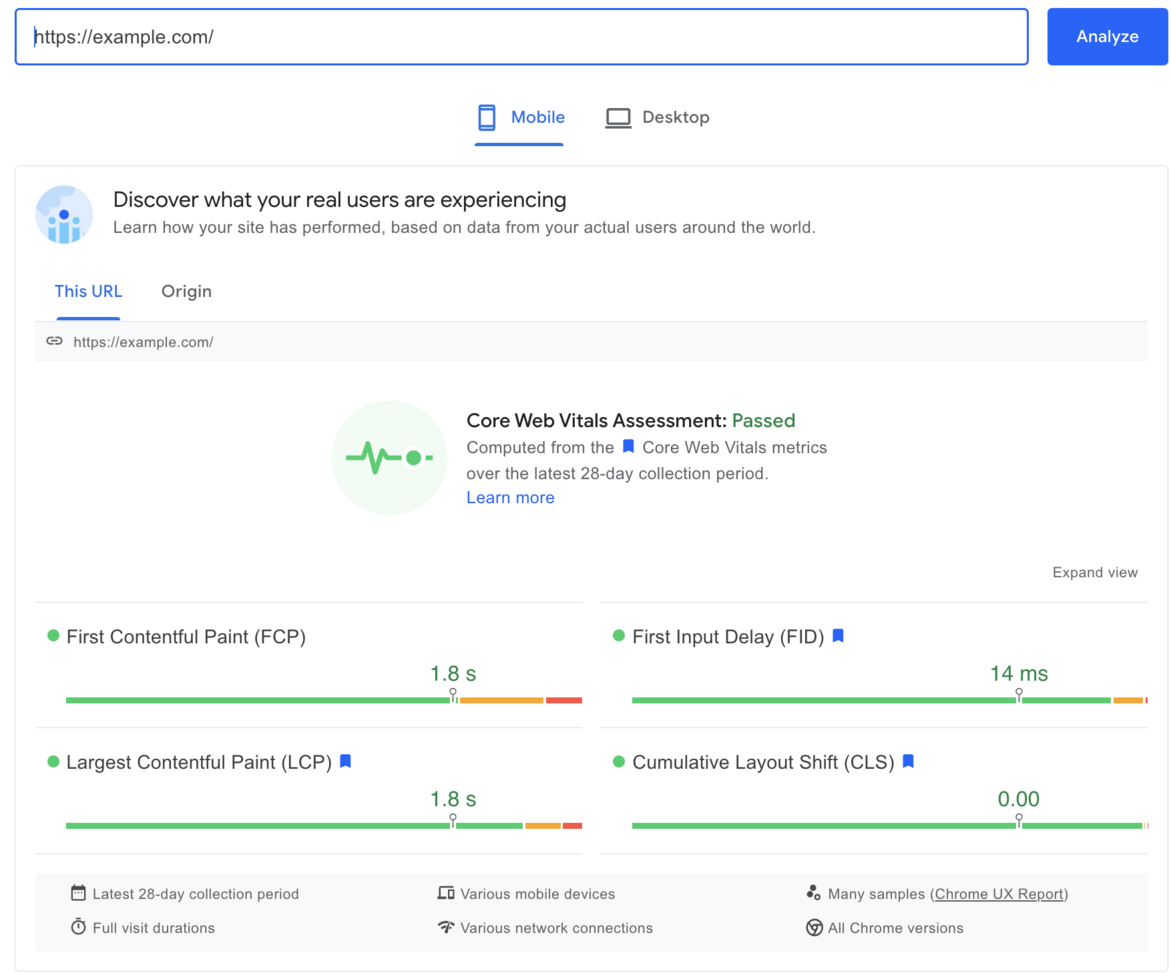
Hosting & SEO | These are important page speed factors
A lot of things influence how your website is ranked. Have you ever thought about web hosting and page speed?
Published by

Carina Prüll
Date

It’s rarely talked about and yet very important for your SEO. Who hosts your website? Search engine optimization includes web hosting as a ranking factor. Your choice of provider can also have an effect on the availability of your website. That’s why the web host you choose is a crucial step when planning your site. From the SEO perspective, web hosting is still often only seen as an indirect ranking factor. Web hosting also affects the availability and the load time of your website, which influences how it looks on SERP (Search Engine Result Pages) – and thereby affects search engine optimization.
Page speed as a significant SEO factor
It’s fundamentally important for all websites that they can be accessed quickly and without hassle. Whether it’s a blog, an online shop or a community page, speed is a decisive factor for users and also for search engines like Google, not least because they themselves determine the standards.
The faster Google or other large search engines become, the less tolerance users have for pages that load slowly. Slow load times can be especially costly for ecommerce. If the customer has to wait, they may not only grow impatient and abandon the purchase but, in the worst case, move to a competitor’s website with better performance.
There’s a direct correlation between the load time of a website and the rate at which customers buy products. The conversion rate sinks as a website’s load time increases. At the same time, slow pages slow down search engine crawlers and are usually penalized for this, which hurts their ranking.
To ensure your users aren’t frustrated, your page speed should be between 1 and 3 seconds.
How does your choice of web host affect SEO?
Before you make your decision for or against a web host, you should look at the minimum bandwidth required by your website to guarantee smooth and quick operation.
You can calculate that using this formula:
Average number of visitors per day x average number of page views X average page size X 31 X reserve bandwidthIf your website offers downloads, the formula is as follows:
[(Average number of visitors per day X average number of page views X average page size) + (Average daily downloads X average size of downloads)] X 31 X reserve bandwidth
The average size of your website is made up of its code and data. Using a lot of photos and videos increases the size. The 31 in the formula is the number of days in a month. Since our formula should calculate the minimum amount of bandwidth you need, you can also do the calculation using 30 days.
However, you must allow ample room upwards – especially to handle potential peaks. This is where the reserve bandwidth comes in. In our calculation, 1.3 – 1.8 is sufficient. If you require more than that, then you should make sure that your host is able to set up connections with up to 10 Gbit/s.
Regardless of the specific requirements of your project, an SEO-friendly web hosting service should fulfill these basic criteria, to ensure that your website performs well with search engines:
- A network and electrical uptime of 99,9%
- High-quality hardware (SSD, RAM, number and speed of CPUs) from brand-name producers
- Fast DNS servers, so the web server with your website can be found quickly
- The newest version of PHP, so your server can send out data quickly
- Standard PHP caching
- Server-side GZIP compression with the newest version of Plesk. By compressing files, the file size is reduced for transfer.
Tip
Use PROCEED to make the transfer of data faster. PROCEED increases the performance of servers through SSL offloading and its own private CDN.
What to do when you have technical problems?
When choosing a web host, it’s important to consider their support service. Check how long your web host needs to help you in an emergency.
A web host that takes a long time to answer or who can’t provide a solution isn’t of much use. If your website has problems, that harms your ranking. And the longer those problems continue, the more damage your ranking will take. A reliable web host can cushion DDoS attacks and keep your website up regardless. That too is an important criteria for choosing your web host.
Measure your page loading speed with Google PageSpeed Insights
Google PageSpeed Insights is a free tool you can use to check how quickly a web page loads. You can then further analyze that data to see why a page is slower than it should be.
Google PageSpeed Insights gives you a score. A fully optimized website would get 100. After it checks your speed, Google will recommend ways to optimize your page speed, identifying issues like unnecessarily large pictures that lead to long loading times.
Server location: An equally important criterium
Many web hosts promise security and uptime, but the location of the server is also important. Users from Germany need to wait multiple milliseconds longer if the hardware is in the USA. That might sound negligible at first, but it nevertheless contributes to a slower page speed. Search engines take the location of a server into account when deciding whether a website is relevant for a country’s inhabitants or not. The more servers you have around the world, the faster your respective web pages will load.
A server’s location also determines which data laws are applicable. Germany is known for its especially strict laws and is becoming increasingly popular as a server location for that reason. The data from German servers is passed on to other locations and is not saved abroad. The GDPR has raised the bar for legal requirements – and it is also imperative to adhere to these.
Soft hosting factors to consider
Before making your final choice of provider, it’s worthwhile considering the soft factors for SEO-friendly hosting. These include, for example, the provider’s experience in the marketplace, their support service, their personal SEO tools and which optional benefits they offer, such as domains or TLS/SSL certificates.
TLS/SSL certificates also have an effect on your ranking in Google’s search results. If your web hoster only uses products of companies like Intel, Dell EMC, Brocade, Citrix and many other famous brands, as InterNetX does, it will make this effect even stronger. These components have add-ons that make your SSL encryption faster and less of a burden to your system, so that your pages will load faster.
In general, when it comes to choosing your web host, the following holds true: The ones who’ve been around for a while and can provide a broad range of services can’t have done very much wrong and are probably a solid choice!
Grow with us!






